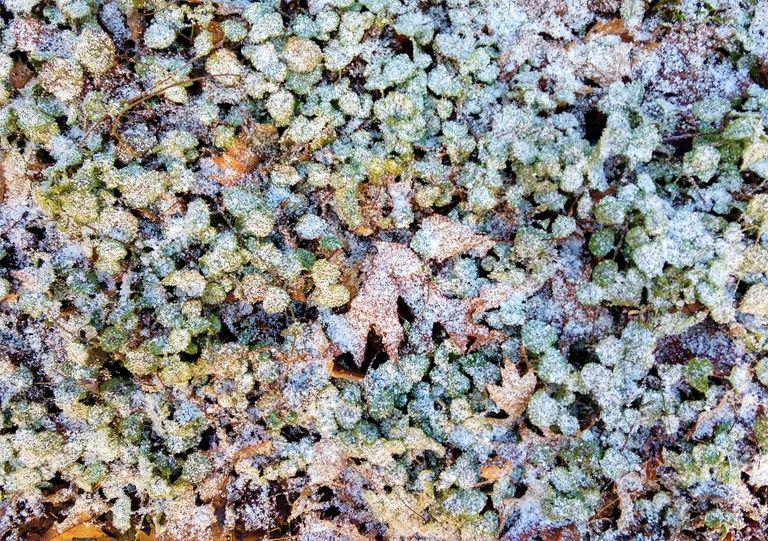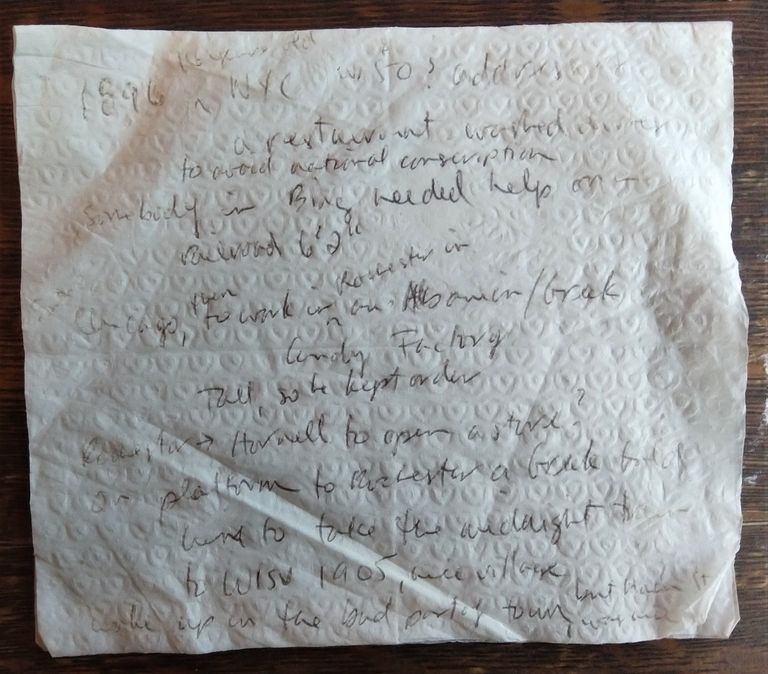
I consider the poem below to be one of the best I ever wrote. I posted it you-know-where and got very little attention for it. I would appreciate your reading it, and commenting on it should you feel you have something to say. Thank you!

How To Say The Word Kiss
The words were some of his very few,
and were written by my hand at his end.
I scrawled it on scraps of napkins
he had left unused next to his bed.
He’d never been one for much talking,
preferring to glower, purse his lips and shake his head.
Gone now was the man who’d never gone walking,
and a well-journeyed adventurer lay in his stead.
He told a tale I’d never imagined
of longings, lust and love,
of his traveling the world over and over
in search of a suit that fit like a glove.
My pen flew easily across the napkins,
his words appeared there like a silken thread:
a tapestry of nearly never-told stories,
a fragile recording of his newly keen ken.
His memory may have been wobbly.
He did speak of abnormal things:
of acrobats with fast peristalsis
and wombats wearing fortunes in bling.
He’d even brushed off a dusty lion
while it was feasting on snakes!
His life now had been one of roaming,
a long itching of many an ache.
But as his end came very close
he quickened, and my scratching paused.
He softened, I listened, and we both sat dazed,
as he uttered the most startling of all:
“All moments of chaos eventually settle
into islands of exquisite calm and bliss.”
and
“All that matters is the k
when you say the word kiss.”
I maintained that the s mattered much, much more,
but he never did hear me disagree,
because with the fading of that letter's sound,
my father’s once angry life ceased to be.
I calmly recorded onto flimsy paper
those last words from his now still lips,
then I rose to lean over his body
and I closed our chapter with my kiss.

In Short
Our suits come in all sizes,
and some of us wear them well,
but all of us have true stories
that come squeaky clean when we tell.

I knew even before this contest was posted for The Ink Well community that I would be spending the better part of my week writing my entry. But when the prompt was (finally) posted, I was a bit crestfallen. “What? I have to write a ballad?!” I had never done any such thing and at first it seemed an unwelcome imposition on my usual freestyle of writing poetry.
Writing about a legend seemed simple enough. My thoughts went right away to the “legend” of how so many Greeks ended up in my very small hometown in the foothills of Appalachia. When I was young, all the Greeks agreed that my grandfather, my Papou, was the first Greek in town, having jumped off the train there to get some lunch. He liked the town so much that he wrote to all his friends back in Greece and said “I’ve found the place, now come.” And they did, a great many of them. I didn’t get far with that idea though; there wasn’t enough meat in it to make an interesting story.
Then I remembered the napkin, photo below, that I had written that very story down on when my father told it to me for one last time. Dad was a mellow and voluble man by then, no longer scary at all, loving even.
That was what I needed to get working on a fictional story about a man’s last words, written by his daughter on a napkin. Having to write it as a ballad was a huge challenge. After several hours I had a draft, then I spent hours and hours and hours tinkering with the clunky thing to smooth it out into a cohesive story. I'm sure there are more improvements that could be made; every time I read it I make another tiny adjustment. It's agony! But agony that, since you are reading this, has come to an end.
Parts of the poem came out exactly as they remain now. Those two final quotes from the father were never changed at all, and the second part titled In Short also popped right out exactly as it is now posted for posterity. As a freestyle poet, I took some liberties with the ballad form, I know. I hope you will forgive those. They work for me.
I wrote something very unlike anything I have ever written before. And I like it. I am grateful for that opportunity. Thanks so much for reading my work.

Poems and ballads in English are difficult for me as a non-natural English speaker. But this much I can say already, that I can confirm to you that it is not only very good, but excellent. I will have to read it several more times. The form of the ballad is so unusual and out of the reading habit of us fast people that you have to give it time and devote yourself to it. A kind of abrupt slowing down in the usual gait. I understand very well the modus operandi one can get into when it glides and does not falter and the words come out of you like a work not created by your own hand. At least, that's how I feel when I consider my own poems to be successful.
So I hope to come back to it again in terms of content, it definitely resonated with me.
quick edit: I see that you wrote "agony" so it took you a process, I see. But for me, it also could have come out just like that. That is the beauty of reading a poem without its explanation. LOL.
Until later.
Thank you so much for reading it so closely! I worked on this poem, and nothing else, for two solid weeks. It is no freewrite! I had no idea what I would write when I started though, and thought the task impossible for at least one full week. I'm glad I persevered, because I really like the thing. There's something to be said for persevering - unusual things happen when you act under duress.
I read it again and it creates the same mood that reached me the first time. I am moved by the fact that it was about your father and I see the same feeling in myself as I perceive in you in this ballad.
The fact that the title and the words match makes it all the better.
It also reminded me of a saying Mark Twain is said to have once done: "A kiss is a thing that takes both hands".
I would like to find better words for this thing but can't. Such happens when something is really good, I guess.
I congratulate you on persevering with this task. It's been a long time since I experienced something unusual under duress.
Very well done, always good to get out of our 'comfort zone' sometimes. 🖖